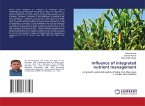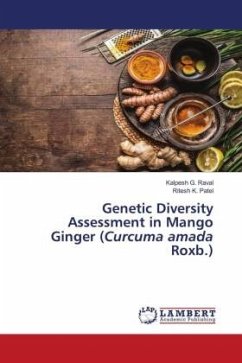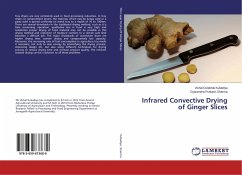This book highlights the greenhouse and field experiment study carried out in 2006 and 2007 to evaluate the fertility status of soils of Cross River State for Ginger (Zingiber Officinale Roscoe) Production. The soils for the greenhouse study were collected from fifteen (15) locations to represent the five (5) major soil types in the state namely Basement complex, shale, Sandstone, Coastal Plain sand and Basalt and the two (2) ginger varieties used were the UG I (Yellow ginger) and UG II (black ginger) while the experiment on NPK fertilizers requirements were located at Akamkpa (Basement complex) and Obubra (Shale). The result obtained showed that the soils were acidic with pH values ranging from 3.80 - 5.50, sandy and generally low in nutrient. The significant and positive correlation between plant height, number of shoot of the two ginger varieties and fresh rhizome yield is an indication that these plant parameters are great contributors to the yield of ginger. The results of the field study indicated that NPK treatment combination of 200 : 80 : 100 kg/ha was most suitable for ginger production in the state and ginger performed better in Obubra in terms of fresh rhizome yield.
Bitte wählen Sie Ihr Anliegen aus.
Rechnungen
Retourenschein anfordern
Bestellstatus
Storno

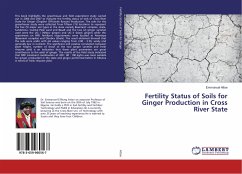
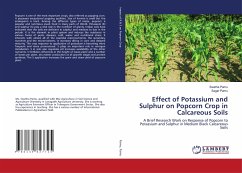
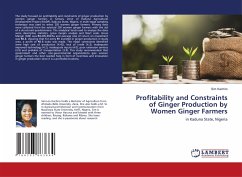
![Line x Tester cross analysis in sponge gourd[Luffa cylindrica(Roem)L.] Line x Tester cross analysis in sponge gourd[Luffa cylindrica(Roem)L.]](https://bilder.buecher.de/produkte/51/51262/51262652n.jpg)
